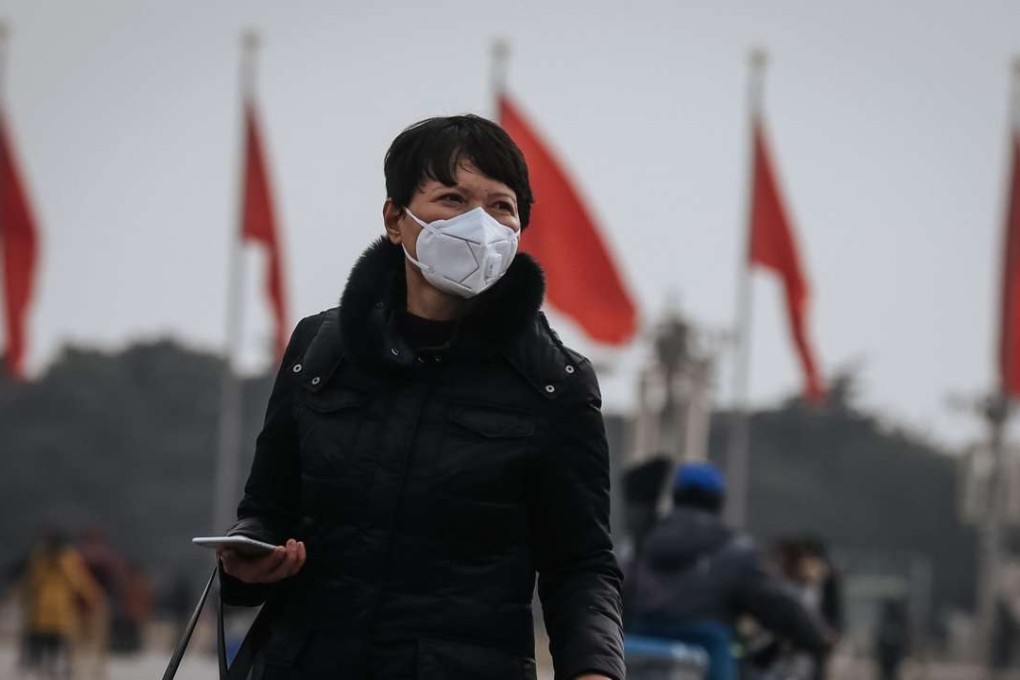Why smog-reading apps pose a threat to Chinese authorities
Chinese citizens can use technology to monitor the nation’s often chronic air pollution, but the government is wary of poor results getting published, say analysts

In its “war” on hazardous air pollution, China’s government has a dilemma: it needs to be open about air quality data to hold polluters to account, but worries that too much bad news from alternative, independent sources could stoke public unrest.
Beijing has greatly improved how it collects data, made more of it available to the public and cracked down on misreporting, but it is concerned about the spread of unauthorised or inaccurate data from popular mobile apps and hand-held detectors.
The conflicting approach reflects a broader debate about China’s appetite for political reform. The Ministry of Environmental Protection, under a former academic, wants to create a modern regulatory system based on independent monitoring and the rule of law, but that could rub up against the ruling Communist Party’s priority for stability.
After scandals about fraudulent data, the government also worries that alternative sources of information on pollution levels could erode public trust in official statistics and undermine its message that the environment is improving.
Liam Bates, chief executive of Origins Technology, which produces the Laser Egg hand-held pollution monitor sold in Beijing’s Apple store, said China has no problem with people measuring air quality; it just doesn’t want the findings to be published.